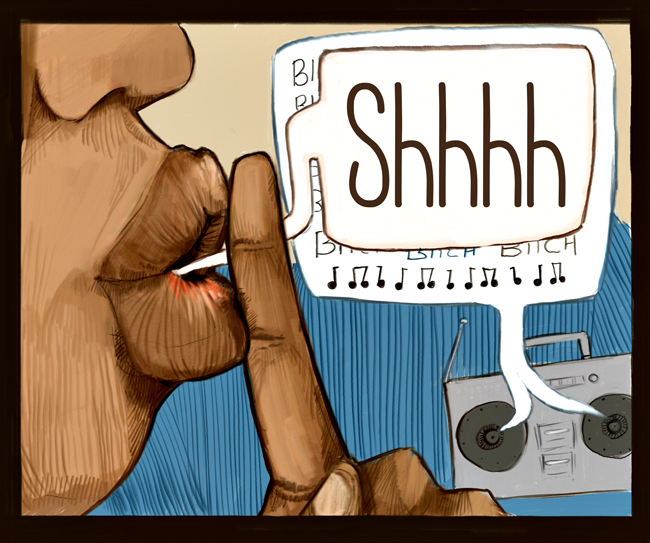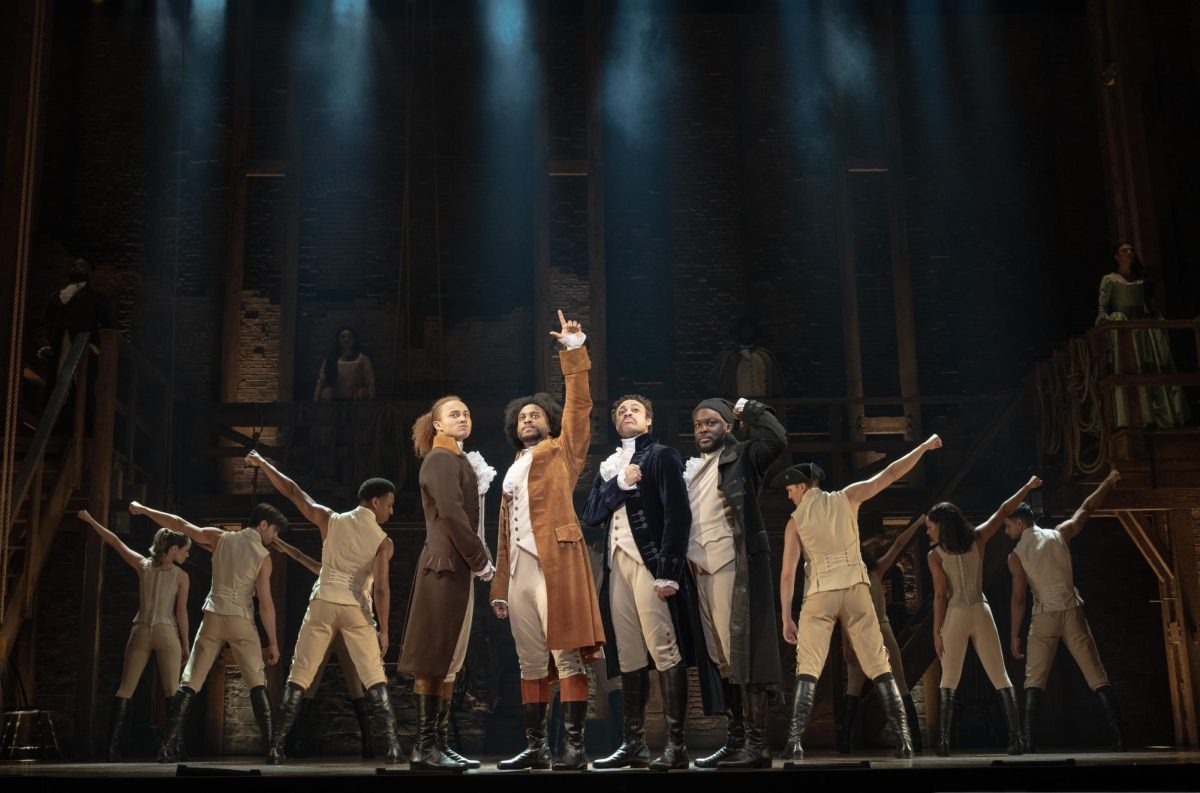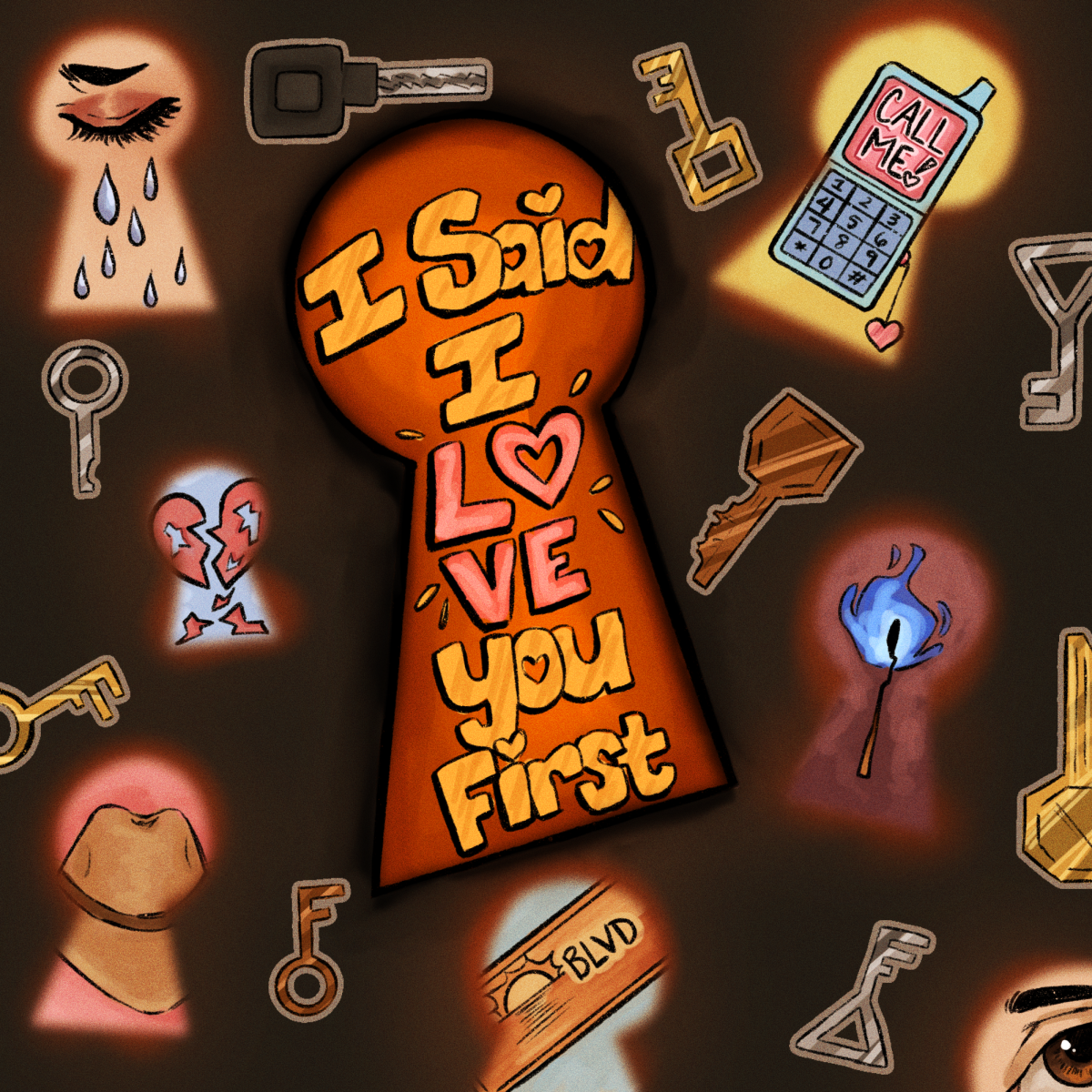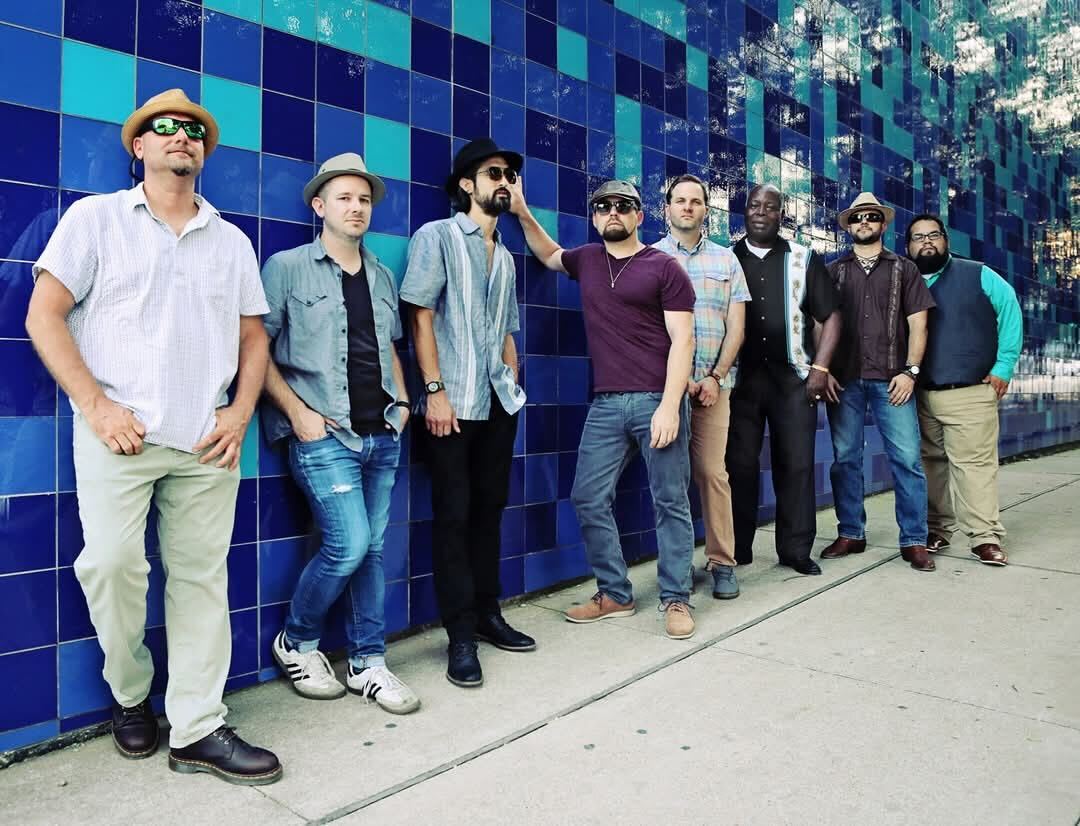When power couple Jay-Z and Beyoncé announced the birth of daughter Blue Ivy Carter on Jan. 7, the Carters became the definitive example of what a hip-hop family should be. Soon after Blues birth, rumors that Jay-Z would discontinue his use of the word “bitch” began to surface. People believed the rumors were true; after Jay-Z released “Glory,” a somber reflection on Beyoncé's miscarriage that concludes with a more promising look to the future, critics and fans alike had no doubt that the hip-hop artist had turned over a new leaf.
Then, during an interview with the New York Daily News on Jan. 17, Jay-Z only had one thing to say about the story: “It's fake.” The artist's short response resulted in discussion, with many arguing that Jay-Z should not have to change. The deletion of the word would drastically effect songs such as “Is That Yo Bitch,” “Bitches & Sisters” and “Stick 2 the Script,” among others. A contributor to the website LOVELYiSH explained the situation best: “For me personally, I didn't really understand why Jay-Z would stop using a word that meshes with his music persona because he has a daughter now.”
Jay-Z's denial brings about an issue that has been the focal point of hip-hop and parenthood for years: being able to distinguish the rapper from the individual. The reason Jay-Z is being accused of continuing misogyny in hip-hop is because some believe that the artist could have used daughter Blue’s birth as a means to renovate himself. But people need to be able to differentiate Jay-Z from Shawn Carter.
Regardless of the birth of his daughter, Jay-Z still has a persona to uphold. Last year, the artist's collaboration with Kanye West, Watch the Throne, revitalized Jay-Z's rap career, resulting in sold-out shows, a possible sequel to the album and an upcoming solo release. However, Jay-Z's contributions to Watch the Throne came under scrutiny, specifically for songs that refer to his wife Beyoncé as a bitch. From “Ni**as In Paris” (“I got that hot bitch in my home”), to “That's My Bitch” (“Get ya own dog, ya heard, that's my bitch”), listeners criticized the artist’s descriptions of his wife.
Although Jay-Z speaks of Beyoncé and women in general like this in his music, his public persona is the opposite. In an interview with Rolling Stone back in 2010, the artist spoke positively about his wife. “Sometimes on creative stuff, one of us will ask, ‘Do you think this is cool?’” Jay-Z said. “I defer to her on those sort of questions.” This is where the complexity lies: Listeners and critics do not separate the artist from the individual, and choose the former over the latter. This only contributes to the difficulty in raising a child in a hip-hop world, where people are skeptical of the artist’s transition into a parent.
O'Shea Jackson, better known as Ice Cube, experienced a similar situation when he made the transition from gangster to family man. Once a member of the controversial rap group N.W.A., Jackson is now a producer and director in cinema, having produced the well-received family comedy “Are We There Yet.” In an interview with NPR's Terry Gross back in 2005, when the rap star was asked what his response would be if someone had told him he would be creating family-friendly movies in the future he replied, “I would say they were crazy.”
The AK-47 toting vigilant of the past has been completely renovated, accompanied by wife Kimberly Woodruff and his five children. During the same interview, when asked if he allowed his children to listen to his music, Jackson replied, “What's worked for me is instilling in my kids a level of self-respect.” Gross then asked Jackson what he tells his children about profanity: “There are appropriate times to use any kind of language … Adults should never hear you use these words. If you want to use these words around your friends, that's really on you.”
Jackson is proof that regardless of the complexities of parenthood in hip-hop, the transition is attainable. As Jay-Z begins his parenting career, he will have to take similar issues into account. “Glory” serves as an indicator that Jay-Z plans on being the father he never had. “Goddamn, I can't deliver failure,” raps Jay-Z, the anxiety and frustration a heavy burden to bear. He knows of the challenges he will have to endure as a father, but optimistically looks toward those challenges: “Baby, I paint the sky blue/My greatest creation was you.”
Jay-Z does not need to change; he is one of hip-hop's most prestigious characters. His real challenge will be the transition into fatherhood, and whether he can find a balance between rapper and parent.





















